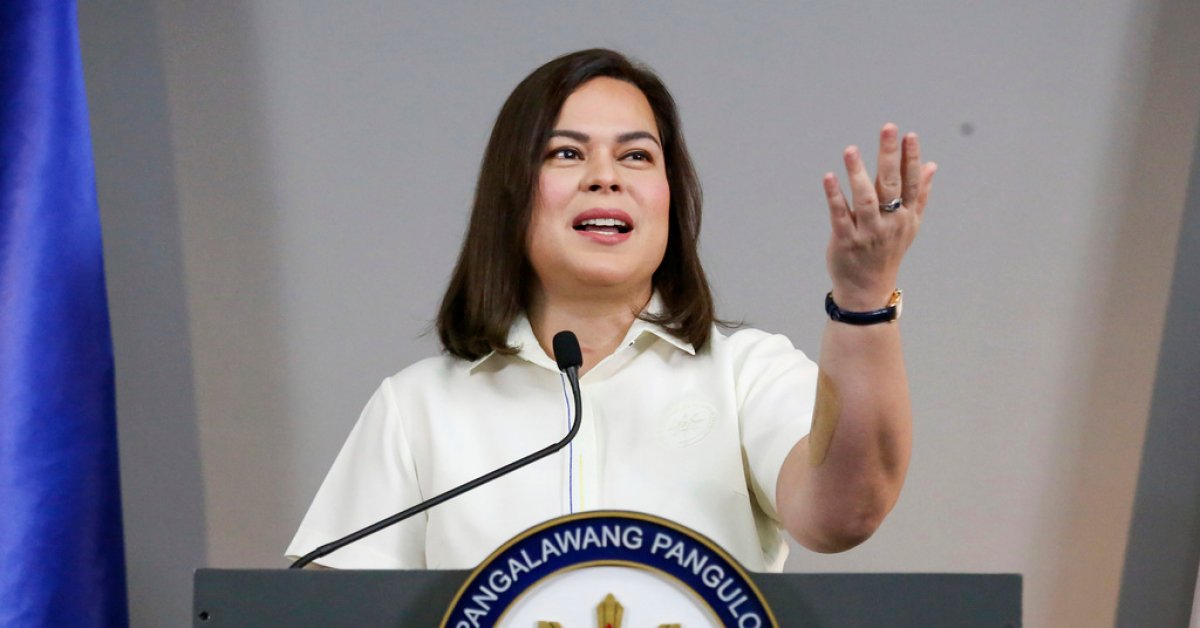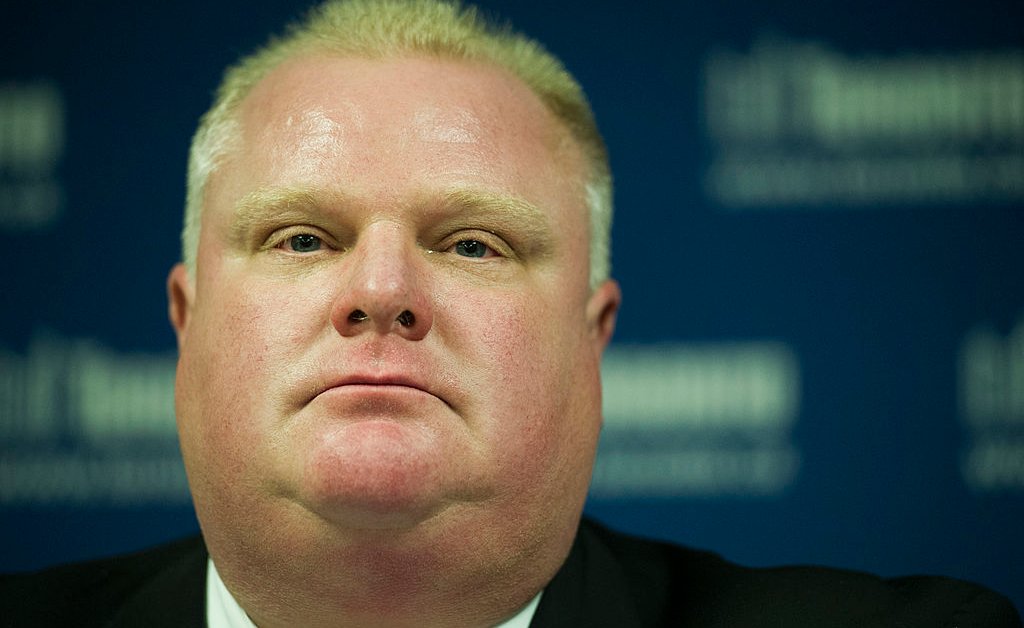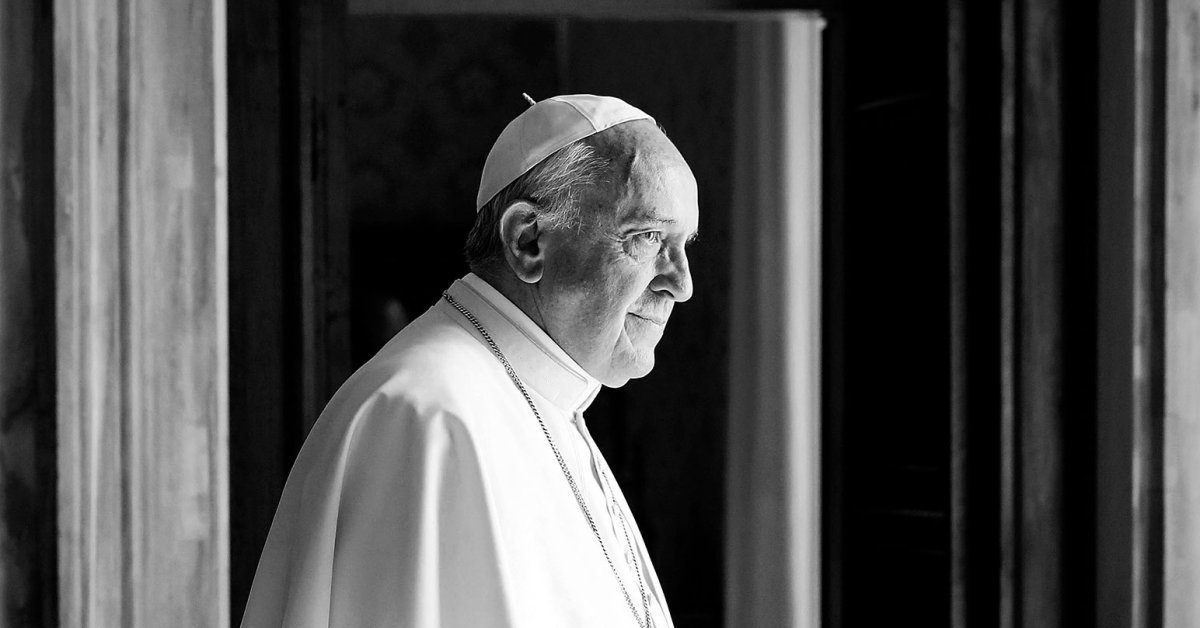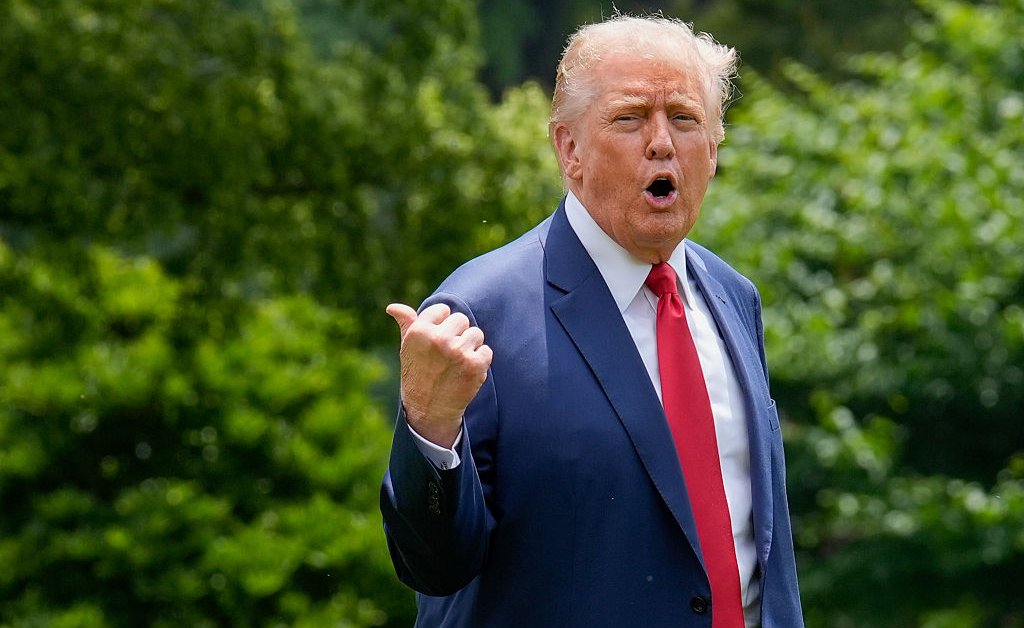The Philippines’ notorious Duterte family has won another victory in the uphill battle it has been waging since earlier this year.
The family’s patriarch, former President Rodrigo Duterte, was detained at the International Criminal Court in March on charges of crimes against humanity. His daughter, Vice President Sara Duterte, was impeached a month earlier over alleged corruption and threats against ally-turned-nemesis President Ferdinand “Bongbong” Marcos Jr.
Opponents hoped the Dutertes’ unprecedented influence in the Southeast Asian nation may be coming to an end. But a midterm election in the spring proved that the political dynasty is here to stay. And on Friday, the country’s top court handed the family a win, ruling that an impeachment case filed against Vice President Duterte in February was unconstitutional due to a technicality.
A spokesperson for the court said Friday that the impeachment was barred by a provision in the Philippine charter stating that “no impeachment proceedings shall be initiated against the same official more than once within a period of one year.” The lower chamber of the Philippine Congress received at least four separate cases of impeachment against the Vice President between December and February—though only one was transferred to the Senate, which would have served as the impeachment tribunal.
While the court clarified that it “does not absolve” Vice President Duterte of the charges, its ruling on the impeachment spares her from any other impeachment attempt until February 2026. “It is not our duty to favor any political result,” the Supreme Court’s ruling said. “Ours is to ensure that politics are framed within the rule of just law.”
The Vice President has framed the impeachment complaint against her as politically motivated, especially as she emerges to be a strong contender for the presidency come 2028. Her defense counsel said in a statement that the court’s decision “upheld the rule of law and reinforced the constitutional limits against abuse of the impeachment process,” but clarified that they are “prepared to address the allegations at the proper time and before the appropriate forum.”
Political observers, however, tell TIME that the court was instead reinforcing the legacy of the Duterte family, and that the decision does save their legacy and paves the way for a future presidential victory. Duterte appointed 12 of the 15 justices sitting in the Philippine Supreme Court during his Presidency.
The ruling “bolsters impunity and hiding behind legal technicality as part of the Duterte legacy,” Aries Arugay, who chairs the University of the Philippines’ Department of Political Science, tells TIME.
Richard Heydarian, a senior lecturer at the same university, says that while another impeachment complaint could be initiated against the Vice President next year, it nips future efforts in the bud. “I don’t think the idea that we can come back to this after another year is really politically feasible,” Heydarian tells TIME. “It’s all about momentum. It’s all about public attention. It’s all about political inertia.”
The Dutertes enjoy significant popularity in the Philippines, having branded themselves as tough-talking, hard-on-crime politicians. This popularity has stuck despite many issues—particularly on the part of the family’s patriarch, who led a bloody war on drugs that killed thousands while he was chief executive. (He’s now facing trial in the Hague because of this drug war, but has denied wrongdoing.) Meanwhile, the younger Duterte revealed in November an assassination plot against President Marcos, who her family has been at odds with after an alliance that got them elected in the 2022 national elections fell through. She has also been hounded by allegations of misuse of more than $10 million in public funds as vice president and former Education Secretary.
For many Filipinos, particularly those victimized under the elder Duterte’s presidency, his arrest and his daughter’s impeachment served as a reckoning.
The Philippines’ presidential office said it would respect the court’s decision.
But the court’s junking of the Vice President’s impeachment has raised concerns about its integrity. Heydarian notes that the ruling “undermines faith” in the Supreme Court, and “resurrect” suspicions against the justices former President Duterte appointed.
Rep. Leila de Lima, a lawmaker who was incarcerated under the leadership of President Duterte due to trumped up drug charges, questioned the procedures behind the ruling and asserted that the “public deserves an explanation,” but argued that “this is not vindication. This is not exoneration.”
Jean Encinas-Franco, a professor of political science at the University of the Philippines, however, says that “to the everyday Filipino, this may mean that the VP has been acquitted.”








